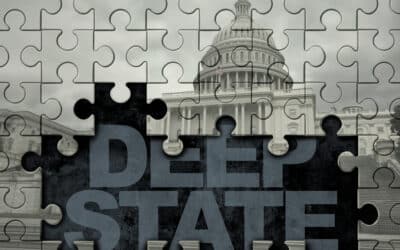If there is one common thread that connects President-elect Donald Trump’s foreign-policy appointments, it is the belief that the United States is engaged in a civilizational war against “radical Islamic terrorism.” Indeed, while Trump himself—with his ambivalence towards books—may not even know it, the incoming administration seems to have fully embraced the ideas of Samuel Huntington, not only on the clash of civilizations, but on American decline, the idea of a West encircled by enemies, and even on immigration.
Throughout the campaign, Trump and his surrogates often used rhetoric that suggests an imminent clash of civilizations. Gone is the Obama administration’s focus on more generic “violent extremism,” replaced by a specific focus on Islamist terrorist groups. As Politico noted last month, Steve Bannon, Trump’s new chief strategist, has argued that the West is in “the very beginning stages of a brutal and bloody conflict . . . against jihadist Islamic fascism,” while KT McFarland, his new deputy national security advisor, has argued that we are engaged in a “long war” against radical Islam. Key figures in the new administration have also been worryingly equivocal about whether they see Islam itself—as opposed to violent jihadi groups—as a threat.
But the links to Huntington’s ideas go deeper than mere acceptance of his clash-of-civilizations thesis. After all, Huntington posited not only conflict between civilizational groupings, but also the idea that post–Cold War Western dominance was likely to lead to conflict between the West and “the Rest.” This idea has been explicitly endorsed by Trump’s designee for National Security Advisor, Michael Flynn, whose views are likely to shape policy in the new administration. In his recently published book, Flynn and his coauthor posit the existence of an anti-Western alliance, which ties together terrorist groups like Al Qaeda, Hezbollah and ISIS with states including China, Russia, Syria, Iran and Venezuela.
Read the rest at the National Interest.






























